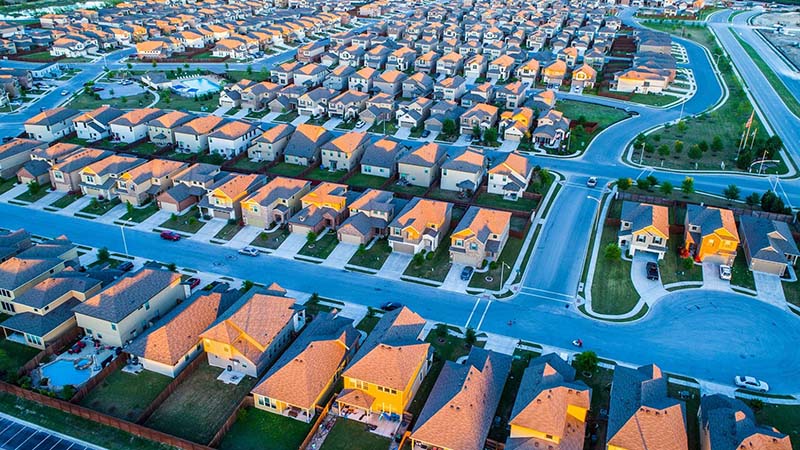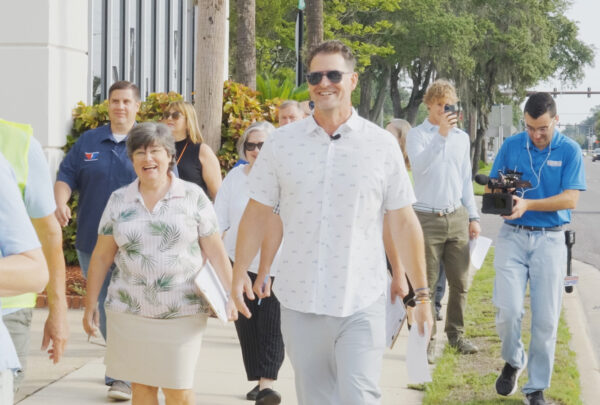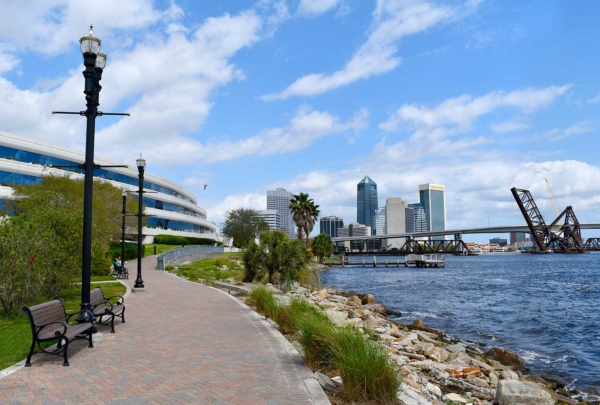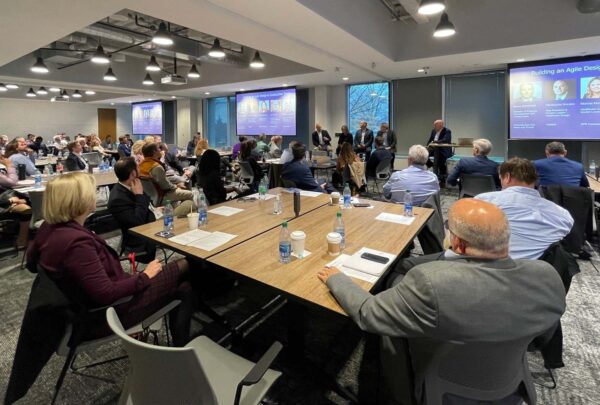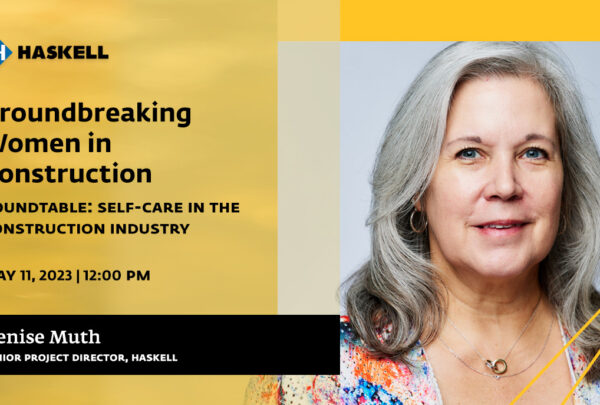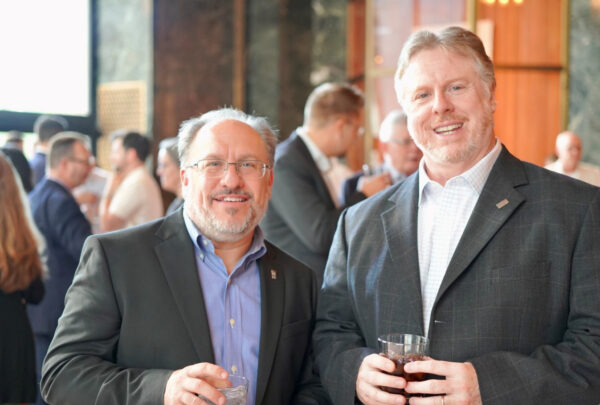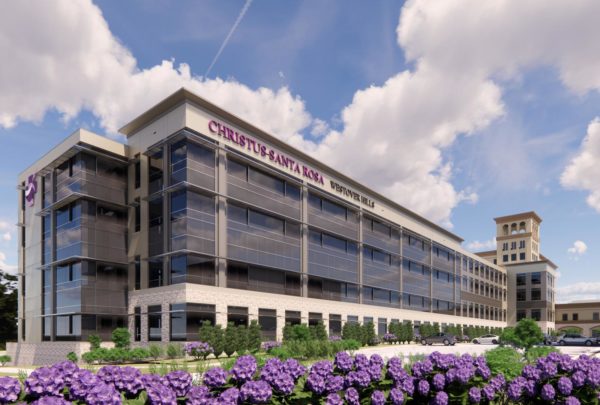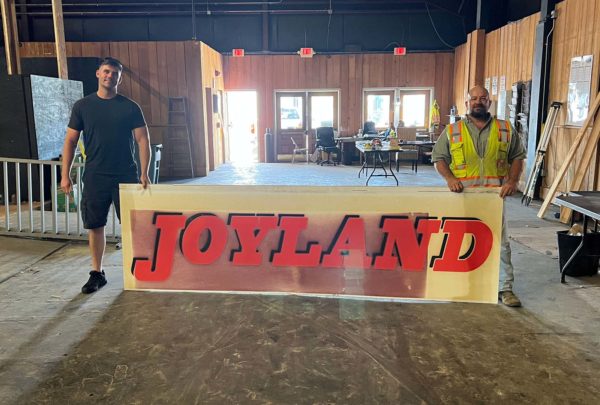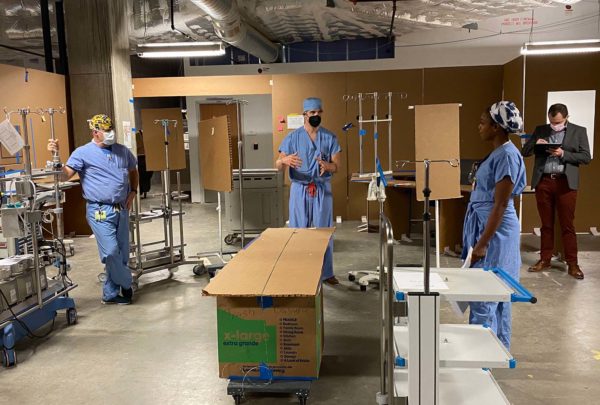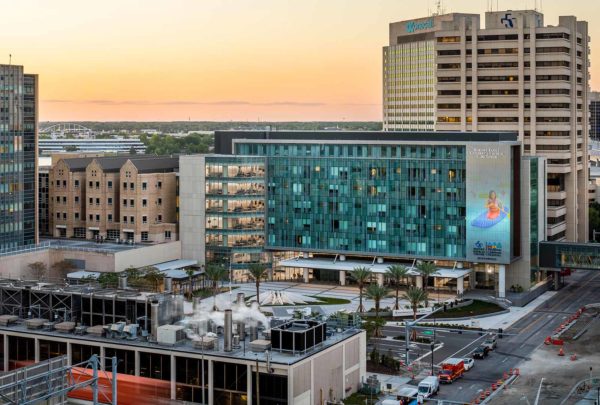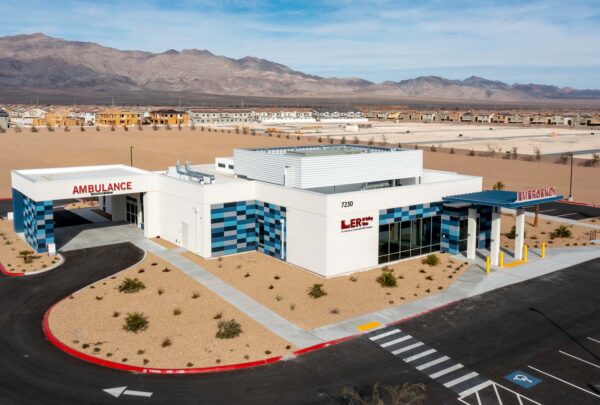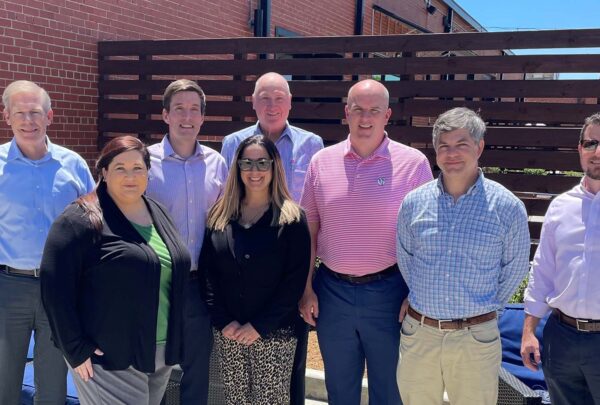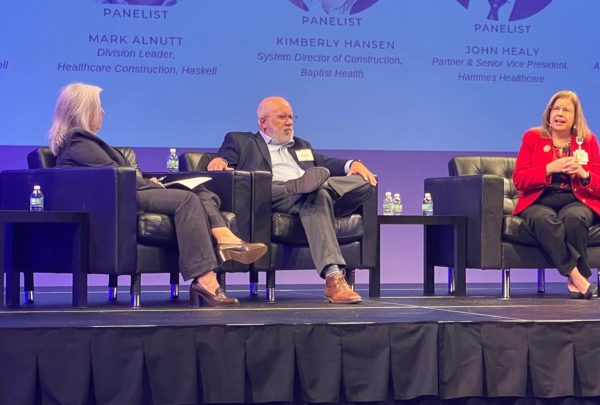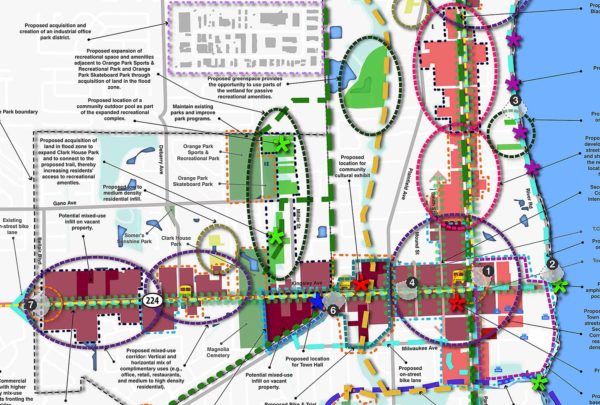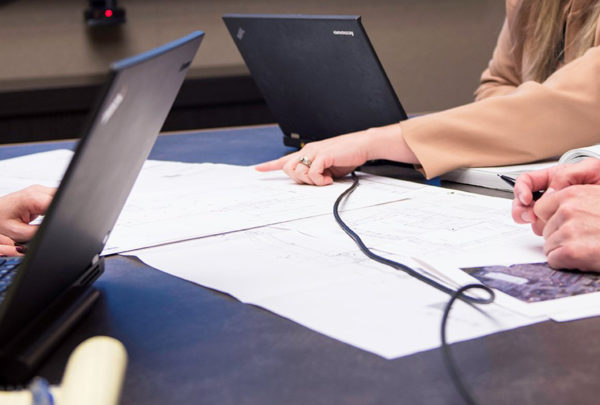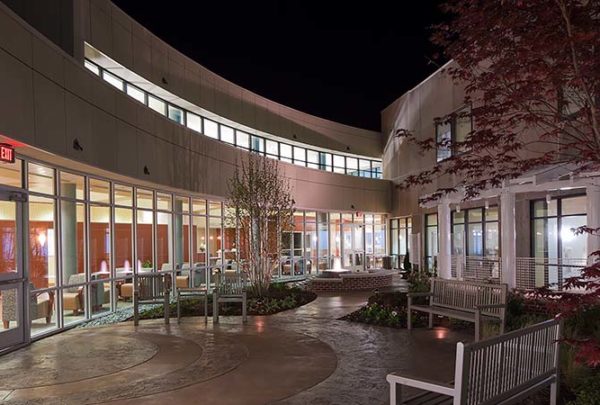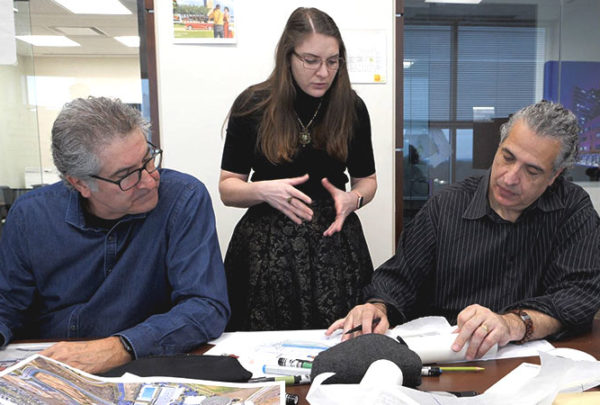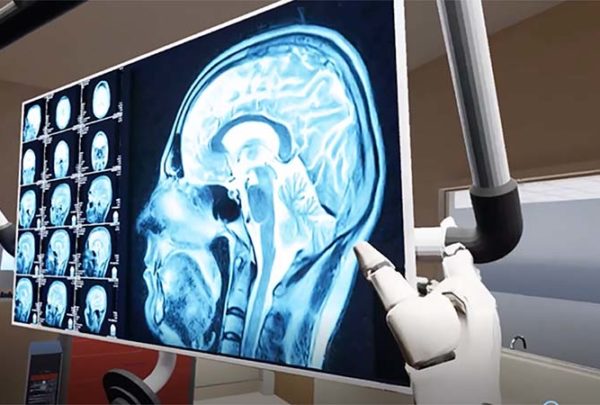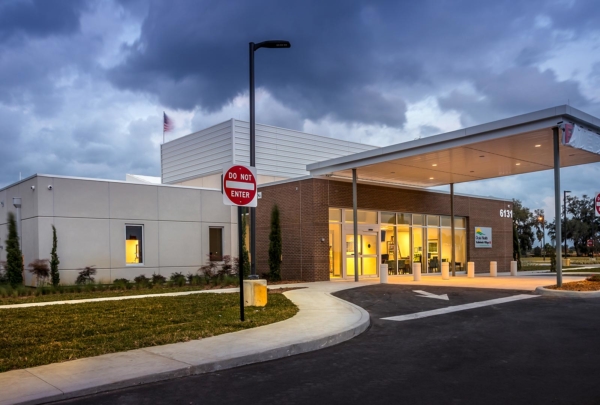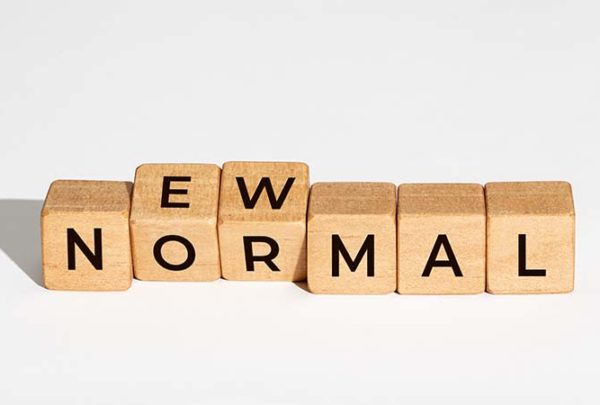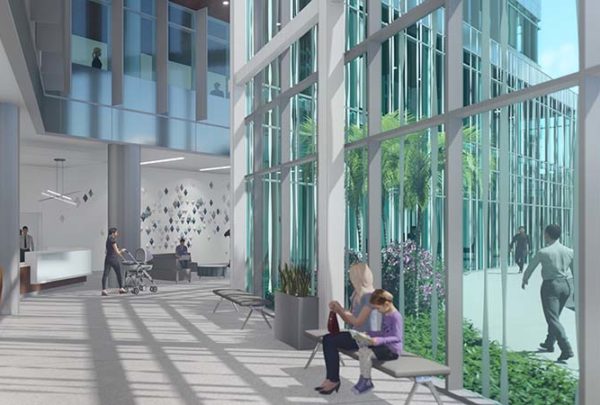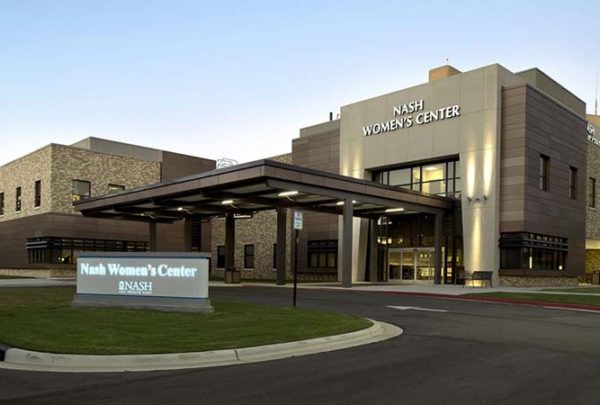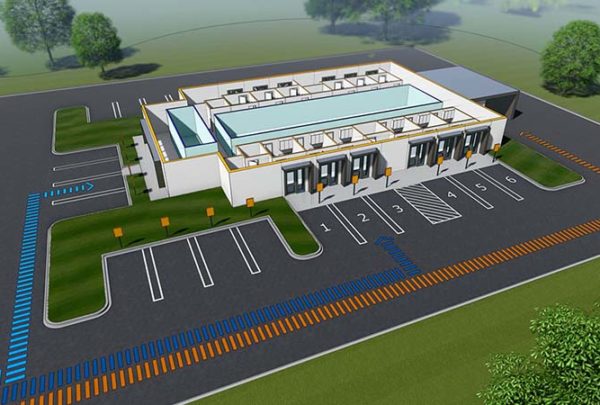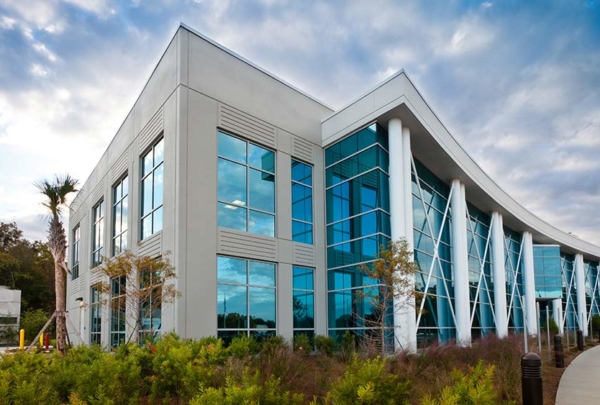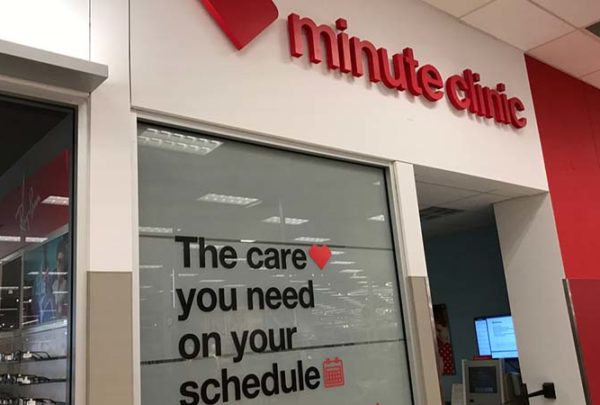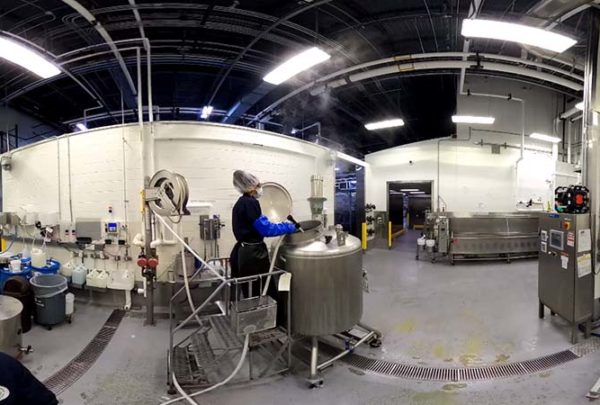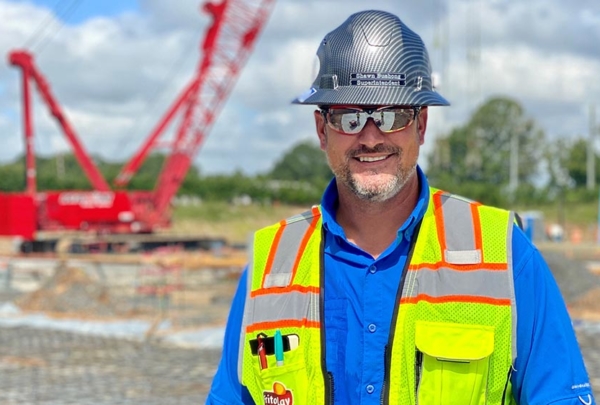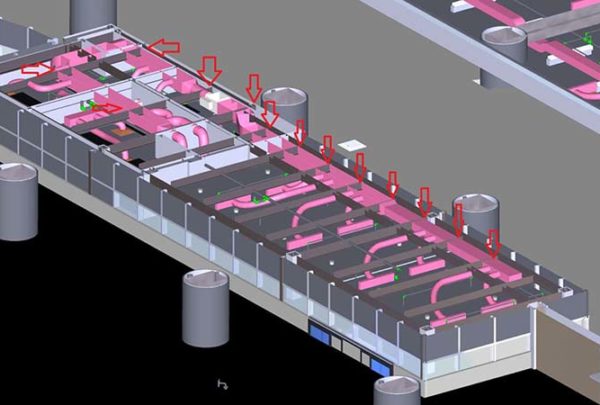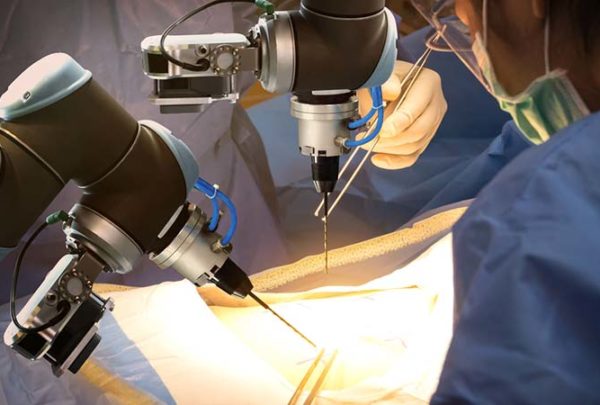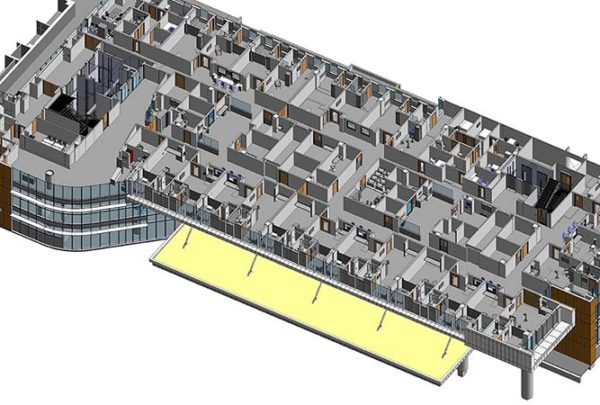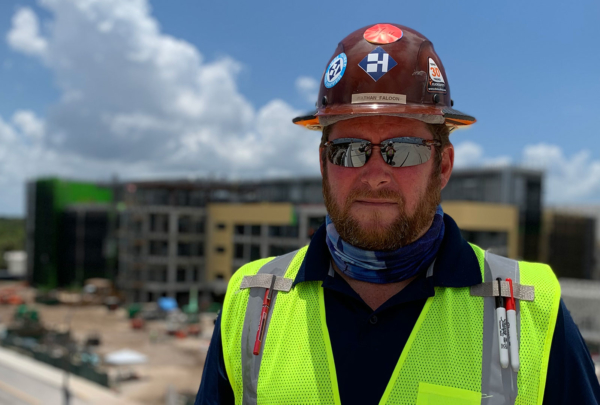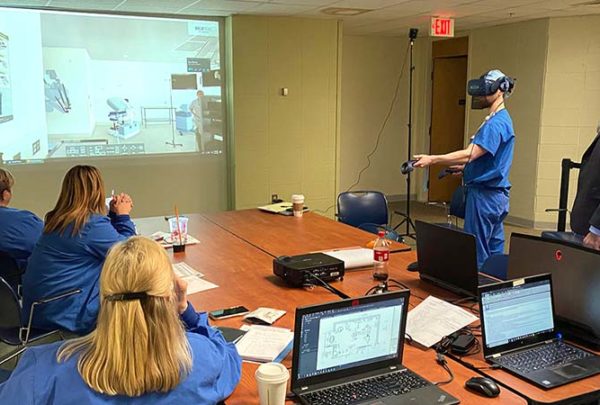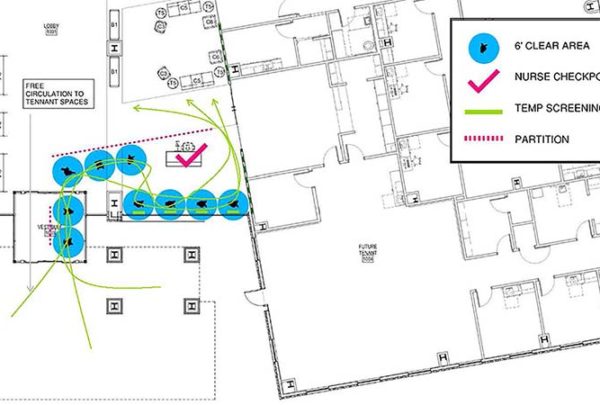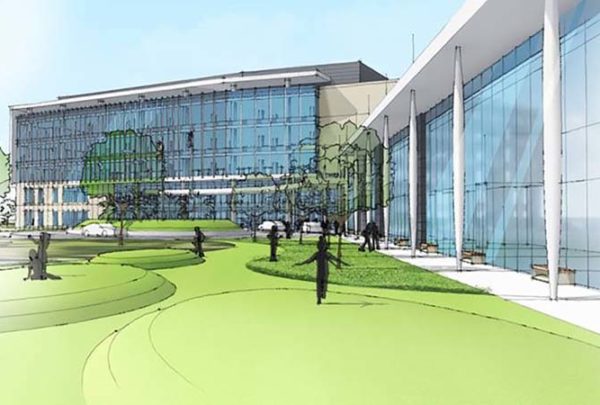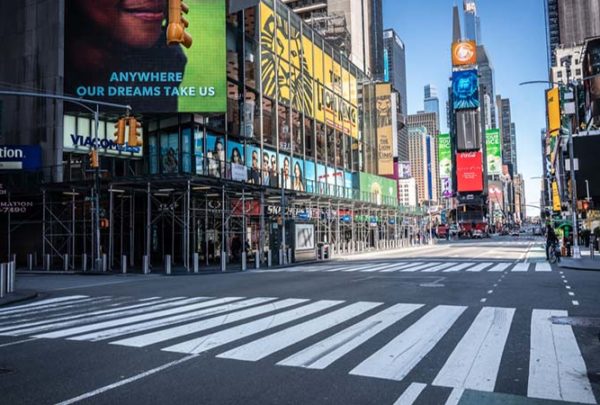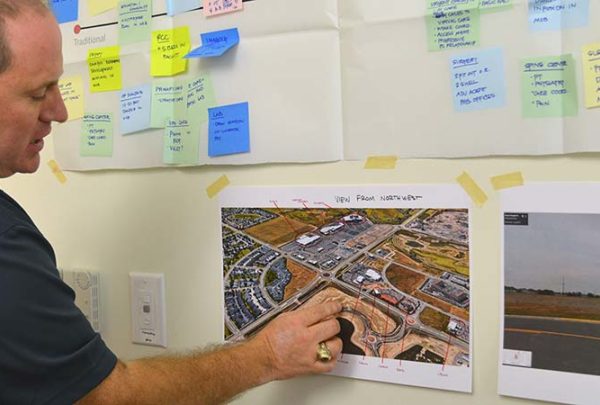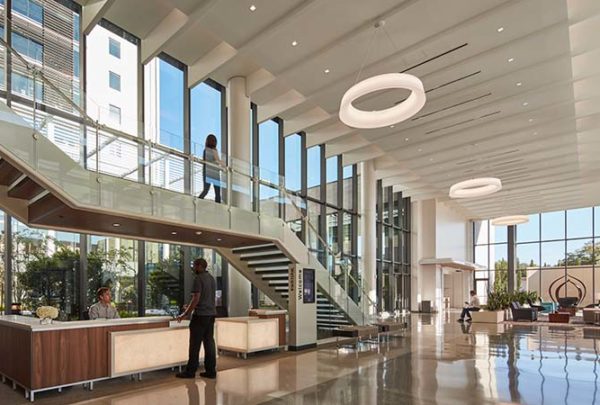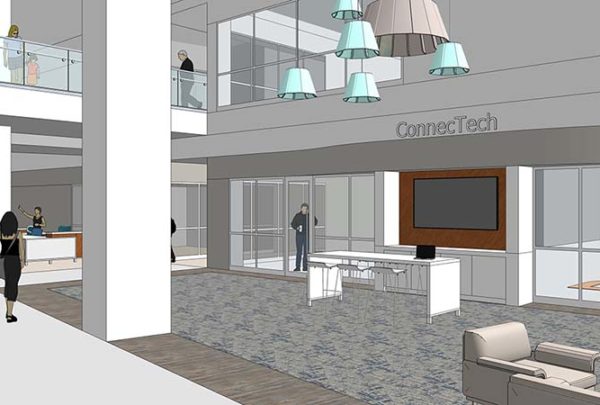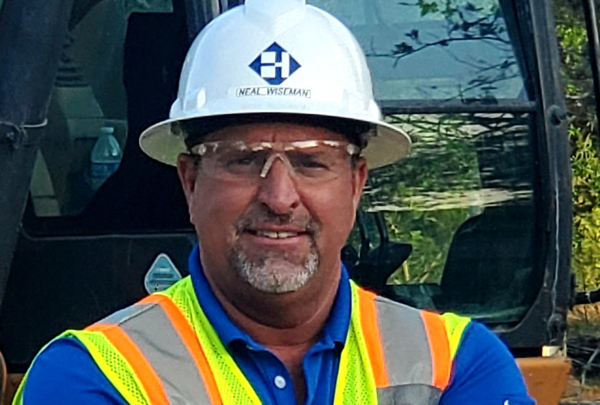As communities grew into permanent towns, it was largely due to the area’s available materials as well as the town’s mostly immigrant artisans and craftsmen’s knowledge of how to use them that helped define what the local vernacular would become. That town’s identity and community pride would be defined by the bank, post office, church, and courthouse. More definition would be added by the schools, Lucy’s Boarding House, the Roundabout Bar, and the general store. These edifices would be the loom upon which cultural tapestries would be woven for generations to come.
However, with the advent of franchises, chain establishments, and a healthy dose of poor guidance, our towns (especially the peripheries) started to slowly and unwittingly slump toward a “no matter where we are, we are in the same place” aesthetic. We’ve all been here: you’re weary from the long drive and you need gas. The kids are hungry and need to use the bathroom. You take the next exit and staring back at you are the very same set of restaurants, shopping centers, and auto dealerships that you saw the last time you got off the interstate 150 miles back! “Where are we again? Oh, never mind … it doesn’t matter.”
Again, you acquiesce by offering, “Where do you want to eat this time?” As you’re standing in line to order your chicken basket and iced tea, you look around and realize that the one attempt the franchisee made to separate this outlet from the same brand back home are the NASCAR hood, fender, and driver’s posters that are wall-mounted over the booths. Local identity, I presume.
People are now moving around more than ever … and when we do, we rely on the familiar to fill our bellies and shopping carts. We’re in too much of a hurry for want of surprises, not wanting to take the time to explore or take a chance on an unfamiliar restaurant whose menu might be too exotic for the backseat travelers. That apathy is being exploited by the corporate hounds that plop down those fast food restaurants and brand-name outlets. They are all too happy to point us toward the recognizable and always-the-same establishments. Look around … what you see is an erosion of the local vernacular that if left unmanaged, will become the Land of the Mundane.
It may be that if you continue down that same five-lane road for another three miles and you hang a left at the cemetery you’ll find the “historic downtown.” Finally, a place where recognizable personality resides. Where folks are actually walking on the tree-shaded sidewalks and sitting on park benches around the courthouse square. It’s a setting ripe for exploration and a heartfelt “Hello” from a passerby. Take a few moments to discover … look upon this stroll as an opportunity to have a “conversation” with the community’s built environment. There are stories all around … all you must do is gaze upon them.
I say all this to remind the architects among us of our responsibility to be true to a vernacular (if one exists) when a new building is proposed. If we’re not familiar to the area or already have an appreciation for the town’s history, it should be imperative that we become acquainted with the elements, materials, and styles that show to resonate with the local population. Never should it be an opportunity to build our name or firm recognition, but maybe … just maybe … one of contemplation and restraint. If we’re not good “listeners” then we risk walking on the graves of those artisans and craftsmen in that cemetery you passed coming in to town.
